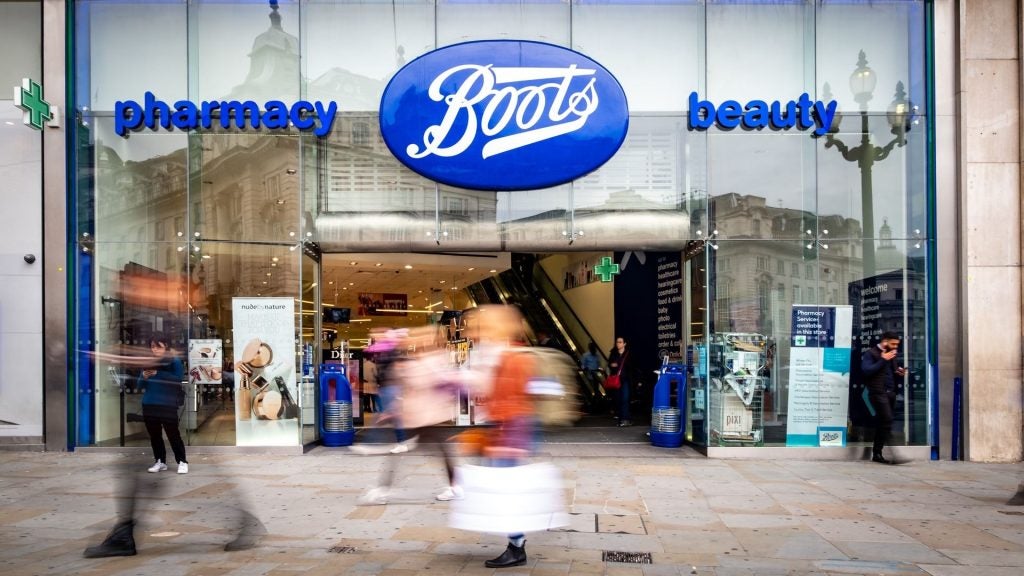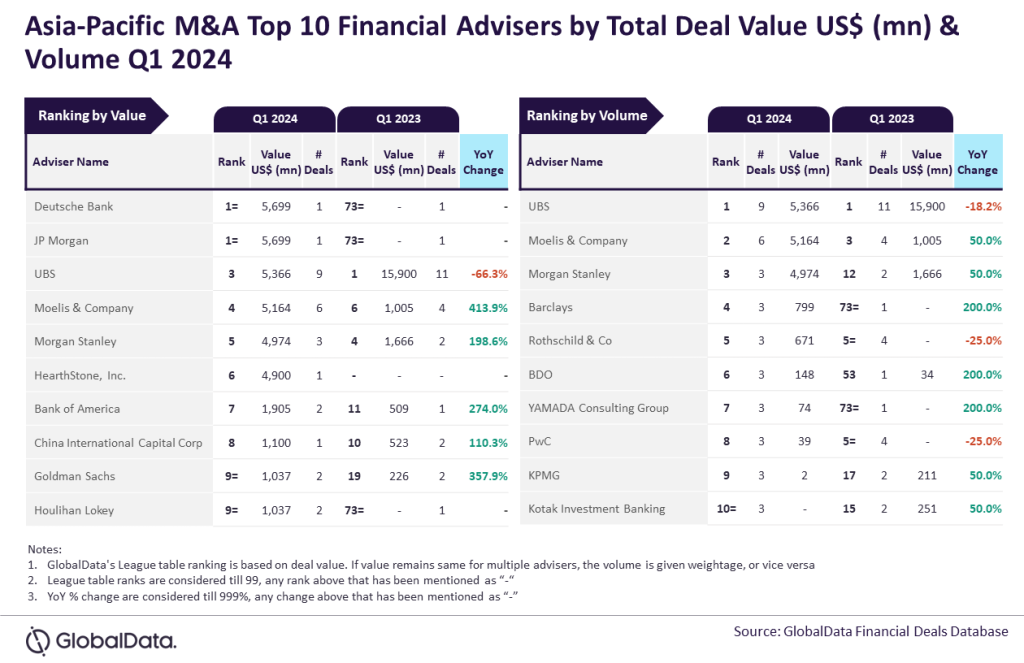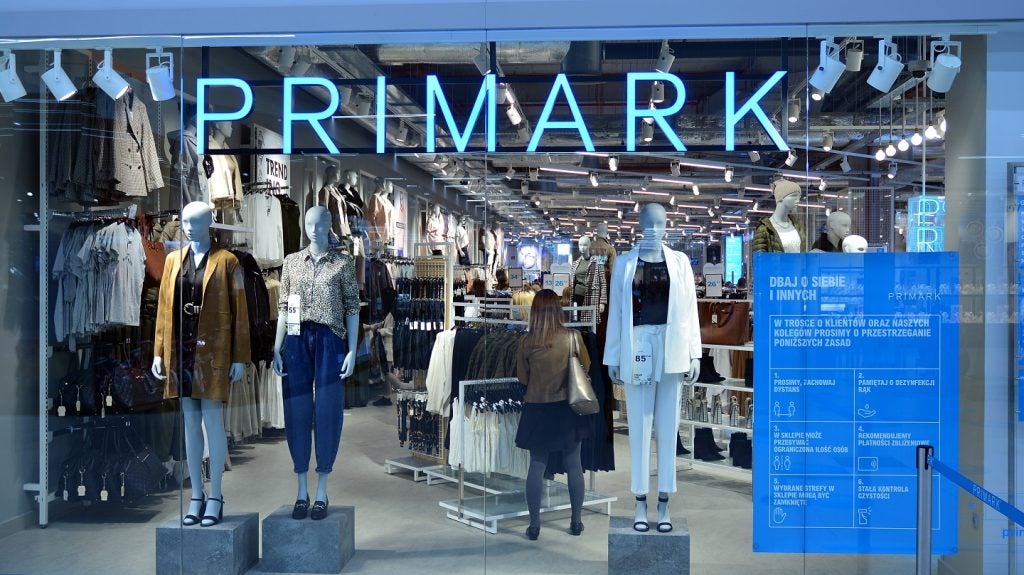
This year has been a challenging one for the retail industry, with the Covid-19 coronavirus pandemic meaning that retailers have had to adapt to stay afloat and retain customers.
However, the challenges presented by the pandemic have meant that 2021 will be full of innovation and technology-related trends, from omnichannel to the use of self-driving cars and drones for making deliveries.
Retail Insight Network looks at the top five trends for 2021 to look out for and what progress has been made on these trends already this year.
No more tills or manned checkouts
Next year, more retailers are expected to be going till-less in their stores. Already in 2020, more stores have started using smartphone apps and other technologies to check out, meaning that consumers can avoid queues and are offered enhanced shopping convenience.
In August this year, Amazon announced that it would be opening 30 ’Amazon Go’ convenience stores in the UK. These stores sell groceries and household essentials and use cameras to track what customers take from the store, then charge them through their Amazon account.
How well do you really know your competitors?
Access the most comprehensive Company Profiles on the market, powered by GlobalData. Save hours of research. Gain competitive edge.

Thank you!
Your download email will arrive shortly
Not ready to buy yet? Download a free sample
We are confident about the unique quality of our Company Profiles. However, we want you to make the most beneficial decision for your business, so we offer a free sample that you can download by submitting the below form
By GlobalDataIn September, Walmart launched its membership programme, ‘Walmart Plus’, in the US which offers members access to a ‘Scan & Go’ in-store app. This app allows members to scan items and checkout using their phones in Walmart stores.
Retailers will invest in omnichannel
E-commerce and multichannels were huge trends this year, but next year will see retailers taking sales techniques further with omnichannel technology. Omnichannel, which refers to the use of various sales channels in physical and digital storefronts, creates a unified shopping experience for customers, from offering online pickup locations in store to using AR and VR to help the customer.
In July, jewellery brand Kendra Scott introduced an AR tool that allows customers to try on different earring styles through their iPhone and the Safari web browser. Similarly, Gucci added an AR function to its mobile app to allow customers to virtually try on ‘Ace Sneakers’.
In July, US-based services company Cognizant Technology Solutions VP and head of products & resources Rohit Gupta told Retail Insight Network: “Even before the pandemic, it was expected that the global virtual fitting room market would reach over $10 billion by 2026. With increased regulation to manage hygiene and social distancing measures in-store, we expect that this figure has already risen and will only continue to do so as these innovations become all the more important given some people might no longer feel safe trying on clothes in fitting rooms.
“Since AR, AI and VR innovations can address some customer concerns around health and hygiene, we will likely see an increase in the adoption of such technologies into the fitting room.”
Eco-friendly shopping will be a priority for consumers
Throughout 2020 and now moving into 2021, consumers have been becoming increasingly aware of how to protect the environment and have demanded that retailers implement measures that will allow for environmentally conscious shopping, from taking part in recycling schemes to developing sustainability goals.
This year it was announced that, in 2022, Scotland will be introducing a Deposit Return Scheme (DRS) that would allow consumers to pay a 20p deposit on single-use drinks containers to then be refunded upon being returned to a returns location. These returns locations are set to be in supermarkets across Scotland.
Today a consortium that includes the Welsh Government announced that it will also be piloting a DRS for plastic bottles in Colwyn Heights, Conwy. The trial will begin in spring 2021.
Food retailers will expand their dietary offering
More varied dietary offerings, from vegan and plant-based food to gluten-free options, are likely to increase next year in the food retail industry. Veganism, in particular, is a diet that is gaining more popularity every year, especially with January launching the ‘Veganuary’ campaign.
According to the non-profit organisation Veganuary, more than 400,000 people tried a vegan diet during 2020, with more than 600 brands, restaurants, and supermarkets promoting the campaign and launching over 1,200 new vegan products and menus in the UK.
In October, UK-based supermarket Asda announced that it would be adding a new vegan aisle to 359 of its UK stores, as well as launching a new range of vegan products. This came after a study by The Vegan Society found that one in five people in Britain has reduced their meat consumption during the pandemic, motivated either by ethical reasons or the lack of meat available on the shelf.
Home deliveries will rely on technology
Online shopping has seen an exponential increase this year due to the Covid-19 coronavirus pandemic, which caused physical stores to have to close throughout 2020. With such an online boom, retailers have been thinking of new ways to offer better delivery options, and solutions that could be more widely adopted in 2021 include self-driving deliveries and drone deliveries.
For example, in November, Walmart partnered with General Motors subsidiary Cruise to pilot a self-driving delivery scheme in Arizona, US. This programme, which will deliver groceries and other items by electric-powered self-driving cars, will be starting early next year.
In September, Walmart also announced that it was launching a pilot with Flytrex’s automated drones in North Carolina, US, to make deliveries.
Retail fintech app Ubamarket CEO Will Broom told Retail Insight Network: “It cannot be denied that Covid has had adverse impacts on the retail sector, completely transforming the shopping experience. As we move into this new era, it cannot be denied that technology is absolutely paramount to help us adapt, and it is important that we are able to confidently rise to the challenge.
“These trends are bound to become more prevalent moving forwards, as it cannot be denied that the implementation of technology holds the key to building a future of retail that supports our new shopping habits whilst also helping retailers to safeguard themselves against future cases of irregular consumer behaviour:








